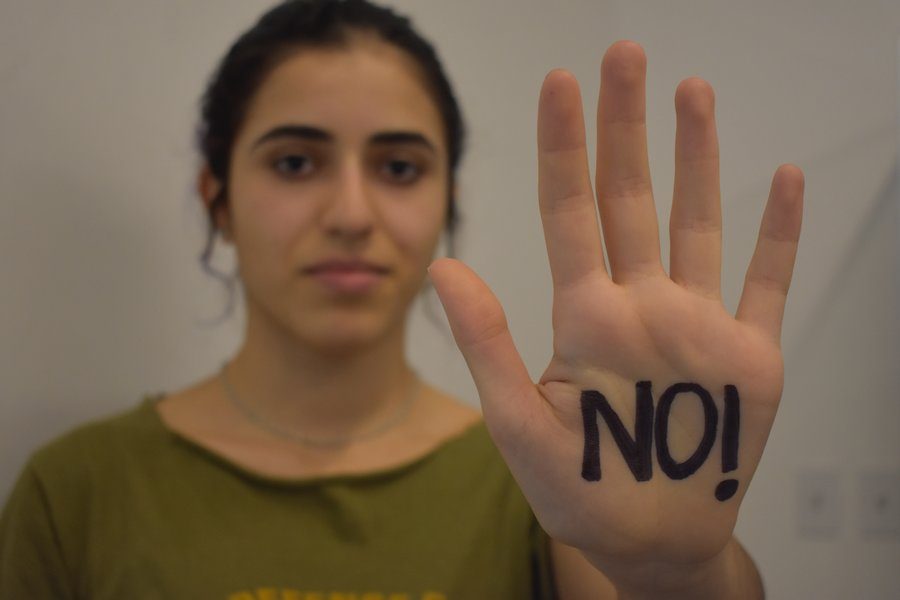COLUMN: In co-curriculars, less is more
After participating in many co-curriculars, Eva Suissa has learned that it’s better to engage in fewer, more meaningful activities and say “no” to too many opportunities.
December 24, 2017
By Eva Suissa, Torah Editor
During freshman orientation two years ago, I remember Principal Dr. Noam Weissman talking about the importance of after-school activities. They’re so important, he said, that Shalhevet calls them “co-curriculars,” instead of “extracurriculars.”
I might have taken this too literally.
Model Congress, robotics, volleyball, gymnastics, piano, dance, Boiling Point, the Agenda Committee, a teen board for Holocaust education, Ikar, Politics Club, fashion club, and life club (a club I started) are all co-curriculars I’ve participated in so far during high school.
I tried to limit myself last year, but it was too difficult for me to say no to all of these opportunities. Besides, they’re just as important as my classes, as Dr. Weissman said, right?
This past summer I realized that they aren’t as important as I thought they were. It might seem obvious that taking on all of these commitments isn’t a good idea, especially when school itself is already a massive commitment, but it wasn’t obvious to me. I thought that the more activities I invested in, the more fulfilled I would feel. Although I don’t regret doing any of these things, because they taught me what not to do and interesting things, like how to build a robot, doing so many things didn’t allow me to fully engage in any activity.
Now I understand the power of saying no. I understand that saying no means more than just cutting back on random things the school offers — like Green Club, for example. It means leaving some of the co-curriculars that I really enjoy and that I was dedicated to.
I’m proud to say that this year I only participate in three co-curriculars. Although my dad would argue that dancing 12 hours a week doesn’t qualify as “cutting back,” I am now able to really pay attention to each co-curricular I am invested in, and balance school work at the same time.
As an opportunity junky, focusing on fewer co-curriculars is a major accomplishment for me, because It means I have managed to say no when it was so much easier to say “yes.”













